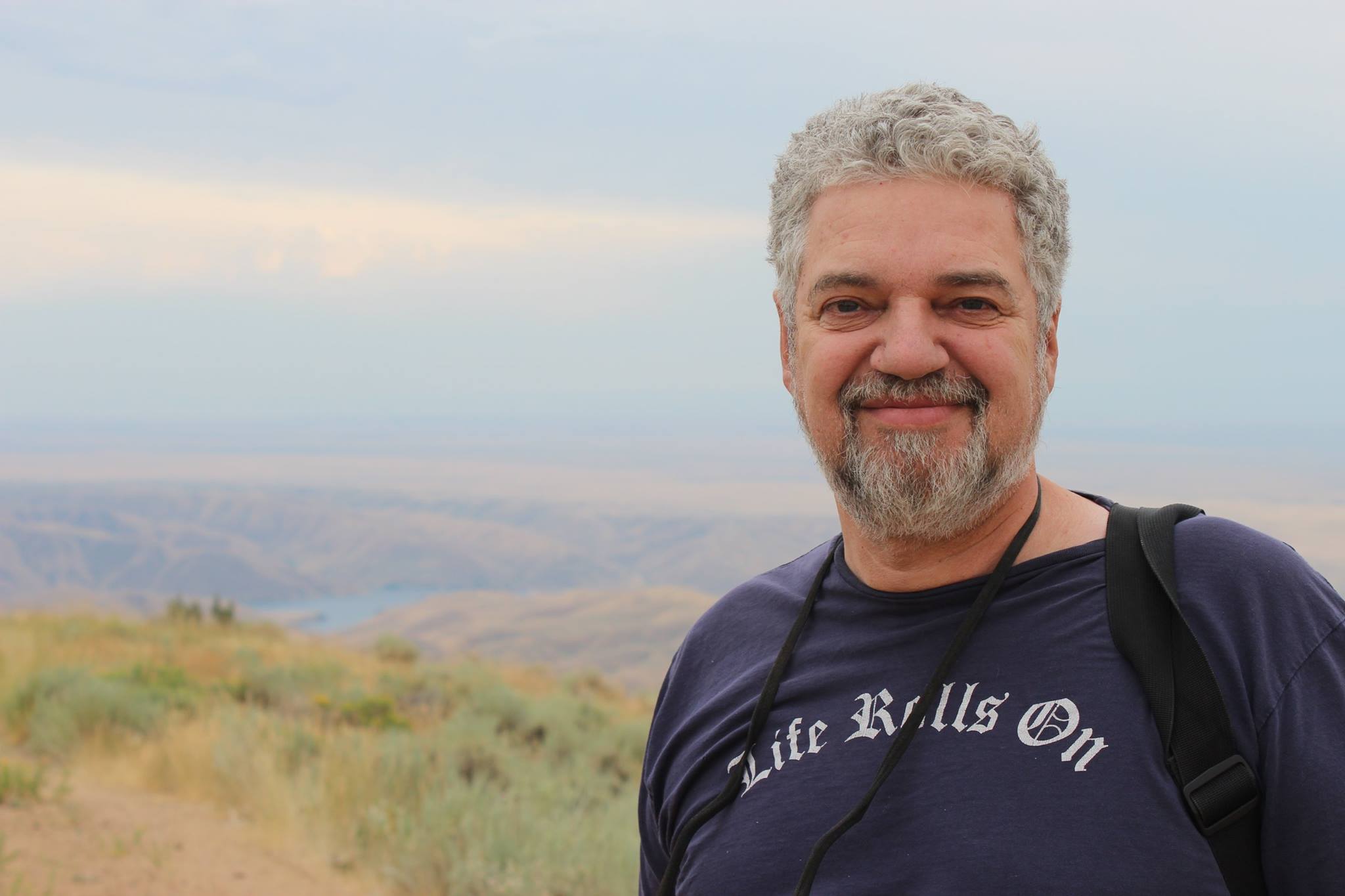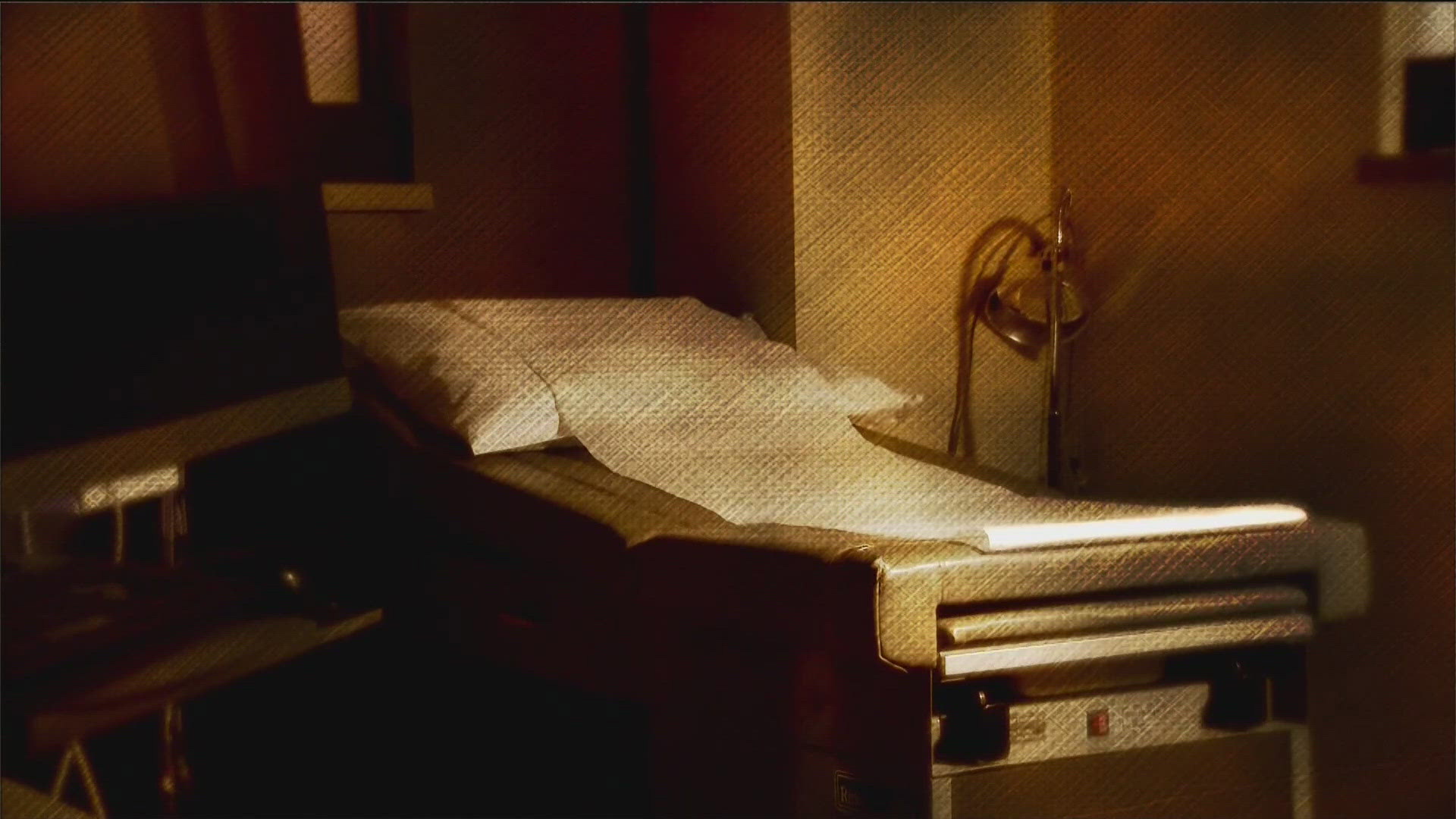![635749254776792333-Peter-Wollheim---Melissa-Stoner [ID=31505273]](http://cdn.tegna-tv.com/-mm-/4044b1e7645488621f157de466cf1a990870caa2/r=500x333/local/-/media/2015/08/11/KTVB/KTVB/635749254776792333-Peter-Wollheim---Melissa-Stoner.jpg)
![Resources available for people at risk [video : 31529713]](http://ktvb-download.edgesuite.net/video/31529713/31529713_Still.jpg)
![Death of suicide prevention advocate highlights need for services [video : 31514217]](http://cdn.tegna-tv.com/-mm-/059853b658e9e7e5dd51b5a9f25104d8c92a2d76/c=441-0-2038-1365/local/-/media/2015/08/11/KTVB/KTVB/635749254776792333-Peter-Wollheim---Melissa-Stoner.jpg)
BOISE - Friends, colleagues and former students are mourning the loss of a well-known suicide prevention advocate from Boise.
Peter Wollheim managed a local suicide prevention hotline for 15 years, served as co-chair of the Idaho Commission on Suicide Prevention and helped co-found the Idaho Suicide Prevention Action Network (SPAN), a non-profit dedicated to suicide prevention and survivor support.
Friends say sadly, Wollheim took his own life in July. He was 67 years old.
"He truly was one of the first leaders for suicide prevention in Idaho," said Kim Kane, program director for the Idaho Lives Project.
Kane first met Peter Wollheim 11 years ago when he interviewed her for a job at SPAN.
"He also was a man of enormous heart who would have been there for anybody at any time if they were struggling," she said.
That compassion motivated Wollheim to become an outspoken member of the mental health community.
He was also a popular communications professor at Boise State University. Wollheim came to Boise State in August 1989 and taught in the Department of Communication until his retirement in 2012.
"He was somebody who would challenge you," said Melissa Stoner, KTVB's Creative Services Director.
She took several classes from Wollheim in the late 1990s. The two built a friendship that continued long after graduation.
"He was so bright and so inquisitive," said Stoner.
People who knew Wollheim well say he was passionate about suicide prevention because he was dealing with his own internal struggles. He could relate.
"Most people at some point in their lives will deal with a mental health issue and Peter was just no different," added Kane.
She told KTVB she doesn't know the details surrounding Wollheim's death, but she does want people to know there's hope.
"Most suicidal people don't want to die. They want an end to their very severe emotional pain and because the suicidal mind has very, very narrow thinking," she said. "People like that don't tend to see another way out, but we can help them see another way out."
She says resources like the Idaho Suicide Prevention Hotline and mental health counseling can help people see that way out.
Click here to view suicide prevention resources from the Idaho Lives Project
Friends and colleagues hope Wollheim's death will help shed some light on the need for mental health services, because suicide is a complex issue.
"In spite of what I think happened in his case, I think one of the things I learned from Peter as well is that we need to watch out for the people who are trying to care for us as well making sure that they get what they need, too," said Stoner. "Nobody's immune, we're all in need in some way."
Suicide prevention experts say it's very important to know the warning signs so you can reach out to someone who needs help.
Warning signs of suicide from SPAN Idaho:
- Threatening to, talking or writing about suicide
- Previous suicide attempt
- Seeking methods to kill oneself
- Agitation, especially combined with sleeplessness
- Giving away prized possessions, making final arrangements, putting affairs in order
- Feeling hopeless or trapped
- Withdrawing from friends, family or society
- Nightmares
- Changes in eating patterns
- Dramatic mood changes
- Increased alcohol or drug use
- Inability to sleep or sleeping all the time
- Recent loss of a friend or family member through death, suicide, or divorce
- Sudden dramatic decline or improvement in work/school work
- Themes of death or depression in conversation, writing, reading or art
- Neglect of personal appearance
- No longer interested in favorite activities or hobbies
- Chronic headaches, stomach aches, fatigue
- Taking unnecessary risks/recklessness
- Sudden, unexpected loss of freedom or fear of punishment/humiliation
If you or someone you know is in emotional distress or facing a suicidal crisis, call the Idaho Suicide Prevention Hotline at 1-800-273-TALK. Trained volunteers are available 24 hours a day, 7 days a week.


